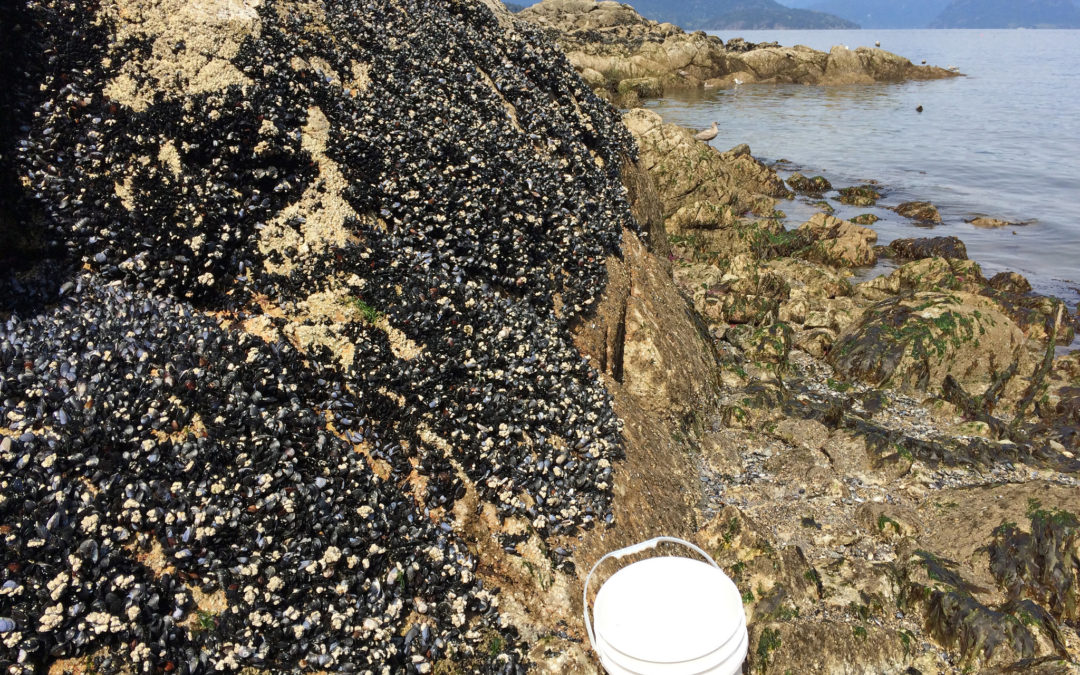SOURCE: New York Times
DATE: November 6, 2019
SNIP: Humans have spread a contagious form of cancer around the world.
Researchers reported on Tuesday that the cancer, which invades mussels, has spread across the Equator. Originating in one species in the Northern Hemisphere, the cancer has established itself in another species in the Southern Hemisphere.
“There’s no natural explanation for how that happened without human help,” said Michael Metzger, a biologist at the Pacific Northwest Research Institute in Seattle and a co-author of the report, published in the journal eLife.
While working as a postdoctoral researcher at Columbia University, Dr. Metzger discovered that four species of shellfish — including soft-shell clams and bay mussels — had transmissible cancers of their own. It was the first time anyone had discovered contagious cancer in aquatic animals.
Dr. Metzger and his colleagues suspect that sick shellfish release cancer cells. The cells float along the currents until they are sucked up by healthy animals as they filter seawater for food. In one case, the researchers found, the cancer cells had moved from one species of shellfish into another.
The biggest surprise of the research came when the scientists combined their research on all three species of mussels from all three continents [Europe, S. America, N. America]. The cancer in the French blue mussels and the cancer in the Chilean mussels turned out to be practically identical.
The exact route of transmission is still unknown, but the journey must have been lengthy, since the Chilean mussels and blue mussels are separated by several thousand miles. Dr. Metzger and his colleagues argue that the cancer cells couldn’t have made the trip on their own.
For one thing, ocean currents would have prevented the cells from crossing the Equator. Instead, Dr. Metzger thinks, humans gave cancer cells a ride. Mussels and other shellfish readily grow on the sides of ships. In some cases, the ships have transported them to new ranges where they become invasive species.
One of these voyages may have delivered cancer to a new home as well. “All you’d need was one diseased animal,” Dr. Metzger said.

